Recently a couple of patient discussions happened that prompted me to reflect on my own TMS journey, which I’d like to share in this blog as three stages: discovery, adoption, and advocacy.
Discovery
In the early-mid ’90s, I referred a young lady who had been struggling with depression to a residential treatment center in New England. While there, she deteriorated and was hospitalized at McLean Hospital. When she returned to Nashville, she told me about the research that was being done at McLean and Harvard, which included transcranial magnetic stimulation (TMS).
I closely followed the medical and scientific journals as research developed and was intrigued with the technology and the clinical possibilities. The study looked positive, and when the FDA cleared TMS to treat depression for individuals who had not responded to a course of antidepressant medication, I assumed it would be in the academic space. When I found out that was not the case and that TMS was an outpatient procedure available to clinicians, I investigated further.
At the time, there was no insurance coverage, and there were not even medical billing codes, but there was a need for additional treatments to treat depression. While most patients improved, and many did significantly, TMS presented an alternative drug-free treatment option.
Adoption
Fast-forward to 2008, there were 127 TMS systems across in the world but none in Tennessee. In 2010 I took a leap of faith, being the first physician to offer TMS in Tennessee. The research was encouraging, and since I had been following TMS for over a decade, I was familiar with it even though many of my peers were skeptical. Because I had been in practice for 30+ years and had several patients, many were looking for a new option and wanted to pursue TMS. They understood TMS came at a premium, but when they considered the overall cost of depression to them and their loved ones, many decided to move forward, viewing TMS as an investment in their health.
The vast majority of my patients did well with TMS. During the first couple of years, my practice had the opportunity to participate in the durability study, which looked at the acute treatment phase and the outcome at 25 weeks. The study was published a couple of years later and showed again that the patients responded to treatment most remained well over the next year. There was also a National Institue of Mental Health (NIMH) study replicating the industry study that promoted the FDA clearance that showed the same positive results.
All this information, along with the growing clinical evidence of efficacy and safety, helped obtain the medical billing codes and, ultimately, insurance coverage. I really thought this was what would propel TMS into a better-known treatment, but it was not that simple. My practice continued to champion TMS as an effective and safe treatment for depression, often speaking at conferences and being featured in numerous print and TV news media outlets. However, TMS was slow to gain mainstream awareness.
Advocacy
In the years following 2010, insurance began widely covering TMS in most instances, though insurers usually have more rigid criteria than the FDA clearance with some requiring up to eight treatments before coverage instead of the one failed antidepressant medication, which is the FDA indication. In 2013, the Clinical TMS Society was established, and now boasts more than 550 members and the Society advocates for better insurance coverage and more educational awareness.
Presently, there are now seven types of TMS systems cleared by the FDA, and the number of TMS providers exceeds 1,200 worldwide.
My practice grew from one TMS system in 2010 to two in 2015 and now four in two locations as of last year, and we are continuing to expand. More people are aware of depression and treatment options, including TMS. Our patient response rate is 75 percent, and we strive to improve that as the TMS technology evolves. When we see patients’ depression symptoms alleviated, more importantly, their ability to function improves, and they can sustain a happier, healthier and more productive life, it makes me realize that my leap of faith was worth it.

